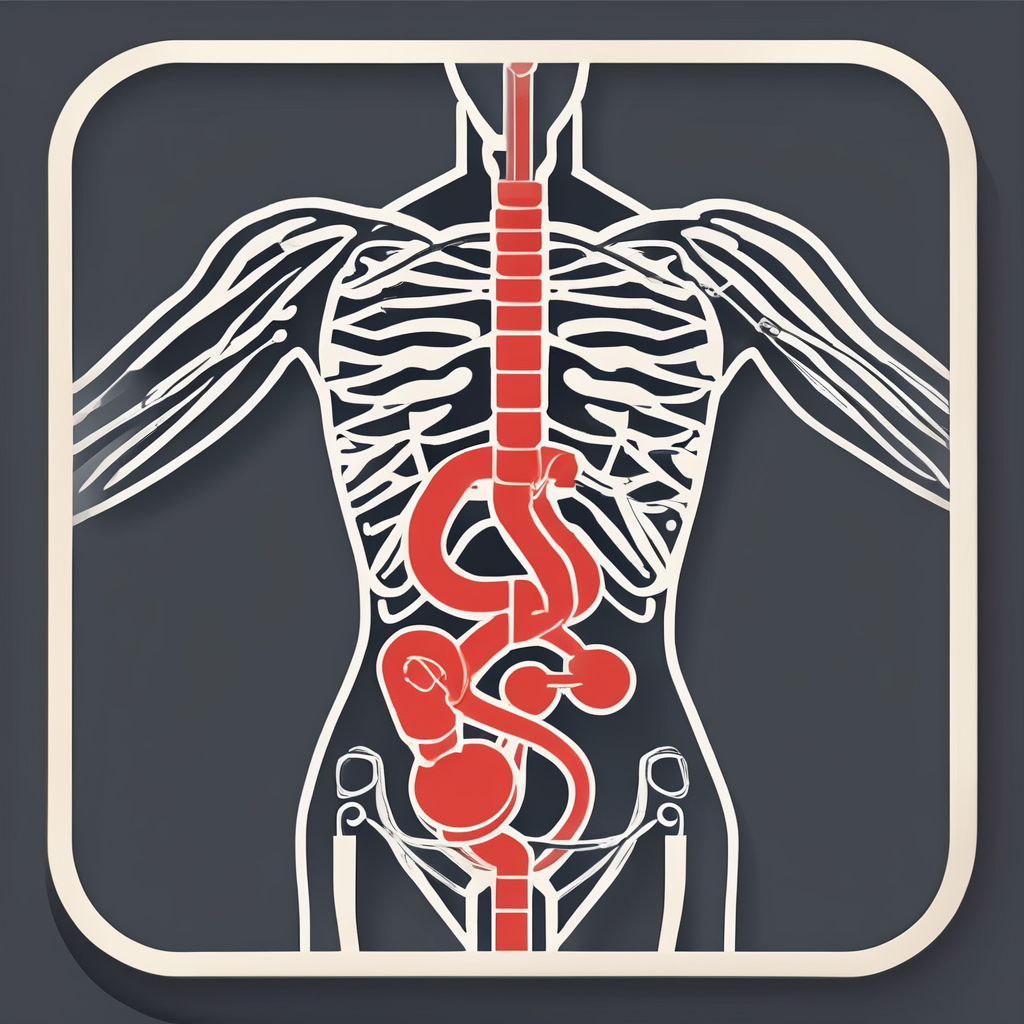In the realm of medical science, cancer treatment stands as a beacon of hope for many. Although the battle against cancer persists, recent advancements offer a promising outlook for patients across the UK. As of December 2024, the National Health Service (NHS) and other health organizations have rolled out innovative treatments and methodologies that emphasize early diagnosis and improved survival rates. This article explores these advancements, providing you with comprehensive insights into the current landscape of cancer care.
Revolutionizing Cancer Care: Data-Driven Treatment Approaches
In the fight against cancer, data has emerged as a formidable ally. By leveraging advanced analytical tools, healthcare providers can now tailor treatments with unprecedented precision. This data-centric approach enables the identification of specific genetic markers, aiding in personalizing cancer care for individual patients.
Also to discover : How can incorporating mindfulness meditation improve mental health in UK adults?
Data and Personalization
Clinical studies have demonstrated that personalized treatment plans significantly enhance patient outcomes. By analyzing data, healthcare professionals can design protocols that target the unique molecular profile of each cancer type. This targeted approach minimizes side effects and optimizes treatment efficacy.
The Role of Big Data
The NHS has invested considerably in big data analytics, collaborating with tech companies to harness health data streams. This initiative not only benefits breast cancer patients but extends to various cancer groups. By aggregating and analyzing massive volumes of patient information, researchers can identify patterns and develop predictive models. These tools play a crucial role in predicting potential cancers and recommending screening for at-risk populations.
Also read : How can incorporating mindfulness meditation improve mental health in UK adults?
Success Stories
Numerous success stories underscore the impact of data-driven treatments. For example, in a recent trial, UK residents diagnosed with certain aggressive cancers experienced a 30% increase in survival rates, thanks to personalized therapies guided by comprehensive health data.
Innovations in Screening and Early Diagnosis
Early diagnosis remains a cornerstone in enhancing cancer survival rates. The latest technological advancements have transformed screening and early detection, offering hope for more people.
Cutting-Edge Screening Technologies
Recent developments in cancer screening have introduced technologies like liquid biopsies and advanced imaging methods. These tools can detect cancers at much earlier stages than traditional methods, providing a significant head start in treatment.
AI and Machine Learning
Utilizing artificial intelligence (AI) and machine learning algorithms, screening processes have become more accurate and less invasive. AI-powered tools analyze medical images with precision, often identifying anomalies that might escape the human eye. This enhancement in diagnostic capability allows for early interventions, which is crucial for conditions like breast cancer.
Community Outreach and Education
The NHS has increased emphasis on public awareness campaigns, educating people about the importance of regular screening. By targeting specific groups through tailored communication, they aim to reduce the stigma and fear associated with cancer checks, ensuring more individuals take proactive steps towards their health.
New Treatment Modalities: Beyond Traditional Approaches
While traditional chemotherapy and radiation remain staples in cancer treatment, newer modalities are progressively taking the center stage, offering less invasive options with fewer side effects.
Immunotherapy: Harnessing the Body’s Defense
In recent years, immunotherapy has emerged as a revolutionary treatment. By boosting the body’s natural defenses, it seeks to help the immune system recognize and destroy cancer cells more effectively. Several clinical trials have demonstrated its efficacy in treating various cancers, including melanoma and breast cancer.
Targeted Therapy
Targeted therapy represents another innovative approach, focusing on specific molecules involved in cancer growth and spread. These treatments are often more precise than traditional methods, attacking only cancerous cells while sparing healthy ones, thereby reducing collateral damage.
CAR T-Cell Therapy
A recent breakthrough, CAR T-cell therapy, involves modifying a patient’s T-cells to better recognize and attack cancer cells. This form of personalized treatment shows promise, particularly for blood cancers, and ongoing research aims to expand its applicability to solid tumors.
Holistic Care: Addressing the Needs of the Whole Patient
Acknowledging that cancer treatment extends beyond physical health, there is a growing focus on holistic care. This comprehensive approach considers mental, emotional, and social factors, ensuring a better overall quality of life for patients.
Psychological Support
Recognizing the emotional toll of a cancer diagnosis, the NHS and related organizations prioritize psychological support services. Providing counseling and mental health resources helps patients cope with anxiety, depression, and stress, which often accompany medical treatment.
Integrative Medicine
The incorporation of integrative medicine, which combines conventional treatments with complementary therapies such as acupuncture and meditation, is gaining traction. These methods can alleviate symptoms and improve patient well-being during and after treatment.
Support Networks
Community support networks are invaluable for cancer patients and their families. By fostering environments where individuals can share experiences and advice, these groups play a crucial role in emotional healing and resilience. The NHS actively promotes the formation of such networks, understanding their significance in comprehensive care.
As we navigate the complexities of cancer treatment in the UK, these advancements reaffirm our collective commitment to improving patient outcomes and enhancing survival rates. By integrating data-driven strategies, refining screening methodologies, and embracing innovative treatments, the health sector continues to evolve. For residents in the UK, these developments signify a future where cancer is not just treatable, but increasingly survivable. As you explore these options, remember that staying informed and proactive is key to navigating the journey towards better health and well-being.











